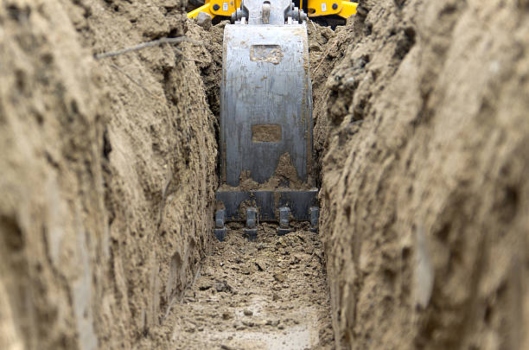…And What Does Etiquette Even Mean?
It means treating others the way you want to be treated.
I had a conversation with a friend once about an experience they had with a plumber. While they were standing in the kitchen talking about the project…
The plumber spit tobacco juice in the kitchen sink.

Not once mind you, but 3-4 times! At least he had the courtesy to turn the water on and rinse out the sink.
I wonder if his wife let’s him spit tobacco juice in the sink at home.
While I was talking with this friend, I thought out loud, ‘What has happened to contractor etiquette?’ The more I’ve thought about it, more examples of this kind of ‘bad contractor behavior’ have come to mind.
Contractors may be reverting to barbarians.

The word etiquette often brings to mind high-society, pinky-out, knowing-which-fork-to-use, thoughts. Things that the ‘common man’ knows little about and may try to avoid.
However, etiquette is much more than a snooty, better than others attitude.
One definition of etiquette is – The code of ethical behavior regarding professional practice or action among the members of a profession in their dealings with each other and customers.
So, what exactly is etiquette in real life, everyday terms?
In an article by Robin Bickerstaff, “Etiquette includes having a strong moral code of conduct. The basics include allowing personal space, following the Golden Rule (treat others as you wish to be treated), obeying the 10 Commandments, and respect for elders.” This sounds simple enough.
We are aware of the Golden Rule. The principle of “Do to others what you would want them to do to you,” taught by Jesus. Most of us were taught this simple principle as kids…what happened?
I think much of the problem is a self-centered, socially disconnected, lack of human respect. Either we have never had or have forgotten any code of moral conduct.
We tend to put our own wants ahead of others.

Once during a children’s message at church, I was reminded of the Golden Rules for Living. These are things that I was taught as a kid.
When thinking through the list, I realized that these rules need to be implemented by construction companies.
If so, there would be less spitting of tobacco juice in customer’s sinks.
Golden Rules for Living
- If you open it, close it.
- If you turn it on, turn it off.
- If you unlock it, lock it up.
- If you break it, admit it.
- If you can’t fix it, call in someone who can.
- If you borrow it, return it.
- If you value it, take care of it.
- If you make a mess, clean it up.
- If you move it, put it back.
- If it belongs to someone else and you want to use it, get permission.
- If you don’t know how to operate it, leave it alone.
- If it’s none of your business, stay out of it.
- If it will brighten someone’s day, say it.
- If it will tarnish someone’s reputation, keep it to yourself.
Not everybody’s moral code is going to be identical. We are all different, which means our ethical behaviors will be different. The problem is most professionals (especially in the building industry), learned their trade, but not how to operate a business.
Operating a construction business includes proper contractor etiquette.

This is a revision of a previous post titled What in The World Does Etiquette Mean Anyway?













































